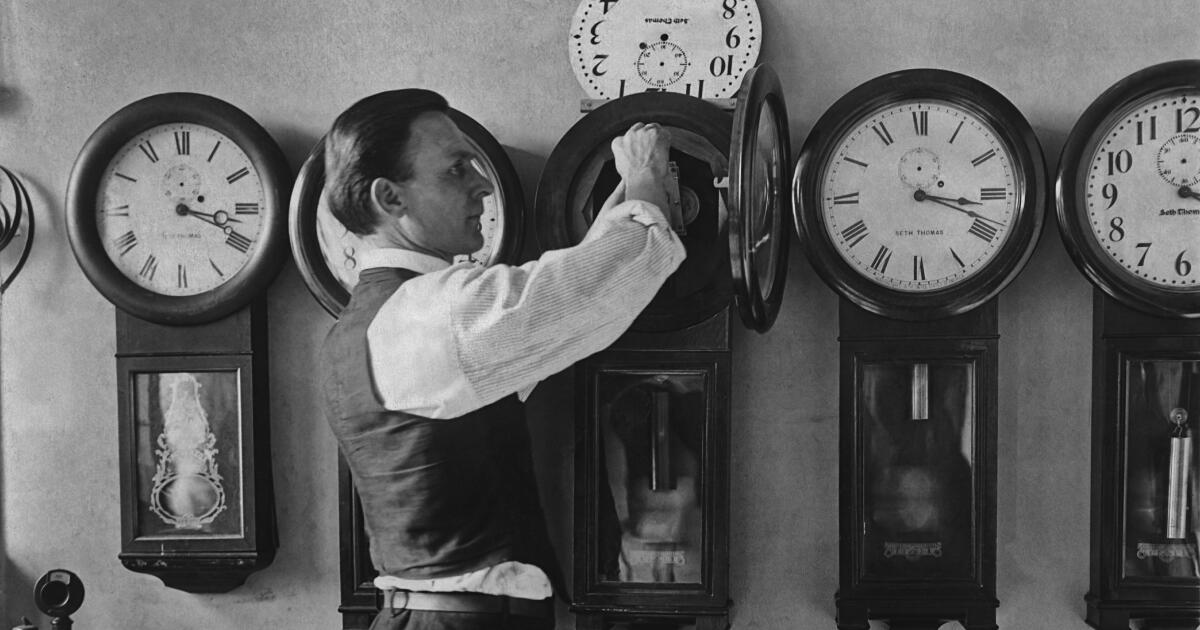UPDATE: The debate over Daylight Saving Time (DST) is intensifying as experts question its relevance to human nature and ecological systems. As clocks spring forward this week, voices from various fields are challenging the traditional rationale behind this biannual clock change, urging a reevaluation of its implications on society and the environment.
Academics and environmentalists are raising alarms that Daylight Saving Time contradicts natural biological rhythms. Rachelle Wilson Tollemar, a lecturer at the University of Wisconsin-Madison, argues that the practice disrupts the natural order, suggesting that humans are the only species that forcefully alter their schedules against biological imperatives.
“The attempt to ‘save’ daylight is fundamentally flawed,” Tollemar asserts. “It ignores how all life—plants, animals, and humans alike—naturally aligns with seasonal cycles.” This perspective is gaining traction as discussions about the ecological impact of human decisions escalate.
The urgency of this issue is underscored by the historical context of DST. Established during World War I to conserve energy, its relevance today is being questioned amid growing concerns about environmental sustainability. Critics argue that the practice primarily benefits traditional 9-to-5 workers, neglecting the needs of those in essential roles, such as care workers, who operate outside of daylight hours.
Tollemar emphasizes that indigenous cultures have long recognized and adhered to nature’s cycles, scheduling activities around natural occurrences rather than arbitrary clock changes. “Time is interwoven with nature in ways that extend beyond Western understanding,” she notes. This view presents a stark contrast to capitalist frameworks that prioritize productivity over ecological harmony.
As the clock adjustments take place, the call for a shift in perspective is becoming more urgent. Many are advocating for a reduction in work hours and a reevaluation of what constitutes valuable work, moving away from a profit-driven mindset towards one that fosters community well-being and environmental sustainability.
The implications of this debate extend beyond individual preferences; they challenge the very foundations of how society structures time and productivity. With the current socio-ecological crises, it becomes critical to ask whether the economy genuinely benefits from that extra hour of sunshine.
Tollemar’s insights reflect a growing movement that seeks to align human activity with natural rhythms, urging a reevaluation of societal norms around work and productivity. As conversations about Daylight Saving Time evolve, they may pave the way for a more equitable and ecologically sound approach to time management.
As the nation adjusts its clocks, it’s clear that the conversation surrounding Daylight Saving Time is far from over. The call for change resonates louder than ever, urging individuals and policymakers alike to rethink their relationship with time, labor, and nature.
